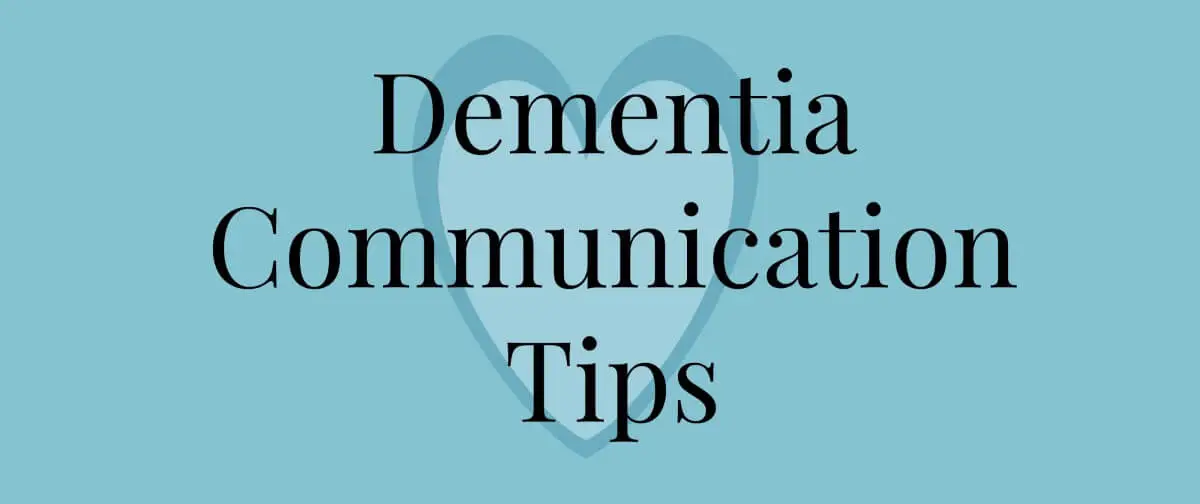If you’re looking into the options regarding care, from Domiciliary to Live-In Care, a vital aspect is that of communication. This isn’t always easy when dealing with the difficult challenges that come with an illness of old age. Dementia proves to be a particularly emotionally taxing challenge and it can cause several unique issues regarding communication.
Communication is crucial for all of us. Our emotional and physical health depends on regular and genuine contact and communication. So how does dementia affect communication?

The Effects of Dementia and Communication
Often, ones with dementia may struggle to communicate their thoughts and intentions as there are unable to make sense of them for themselves. This devasting illness limits a person’s ability to rationalise and understand simple concepts. It’s important to remember that as frustrated you may feel in trying to understand your loved one, they are also as frustrated by being unable to communicate efficiently. If you respond negatively to this frustrating situation, it will only make things worse, knocking their confidence and making communication even more difficult.
Medically speaking, dementia has a big effect on the left temporal lobe of the brain, the part of the brain that stores vital words learned in adolescence. Over time, aspect of language begins to degrade to the point where verbal communication can be too much to deal with completely. The part of the brain that isn’t affected will allow for your loved one to communicate in more basic ways, perhaps through simple conversation or rhythm.
How to Help Someone with Dementia to Communicate
Now we have ascertained the challenges, what can do you to improve the communication between you and your loved one as they struggle from the effects of dementia? There are several things you can do when using verbal communication:
- Start the conversation
- Rephrase a sentence if needed
- Wait patiently for response and avoid jumping in to answer for them
- Keep up a happy and friendly tone to put your loved one at ease
- Show acknowledgment of what the other person has said
- Keep options to a minimum so that your loved one doesn’t feel overwhelmed
There are other ways to communicate that don’t involve words. The way you use the following nonverbal tools will also play a big part in improving the environment for communication:
- Keep eye contact but nothing too intense or intimidating
- Avoid any body language that could be seen as threatening
- Show that you are calm through your facial expressions and gestures
- Keep an appropriate amount of distance
- Be focused on the individual, don’t multitask, or allow other things to distract you
- Be involved by reading the body language of your loved one, adapting your approach when necessary
Besides the ways you communicate, verbally and nonverbally, there are other habits you can begin to introduce to improve communication.
- Choose topic that you know your loved one can remember and enjoys talking about
- Keep up to date with your loved one’s diagnosis so that you can adapt your approach to suit their needs
- Think about adding a specific gesture to your words to make your request clearer
- Make sure you’re in the line of sight with your loved one
- Stay on one line of conversation
- There will be times when you feel negatively affected by their words or actions, so take some time to calm down and try not to react
The challenges that begin to emerge as a dementia diagnosis develops can feel daunting and emotionally taxing but the challenges can be met with some thoughtful consideration and adaptation.
Understanding dementia affects how families connect and share meaning, highlighting the importance of patience, clarity, and emotional support. If you want to reach communities seeking compassionate guidance and resources, advertise with us to promote awareness, connection, and accessible care experiences.

Nancy Bonney is a health blogger and the founder of her own blog about fitness. She has been blogging for three years now and loves to share what she learns with others. Nancy enjoys reading, cooking, and staying active outdoors.












